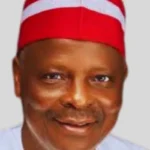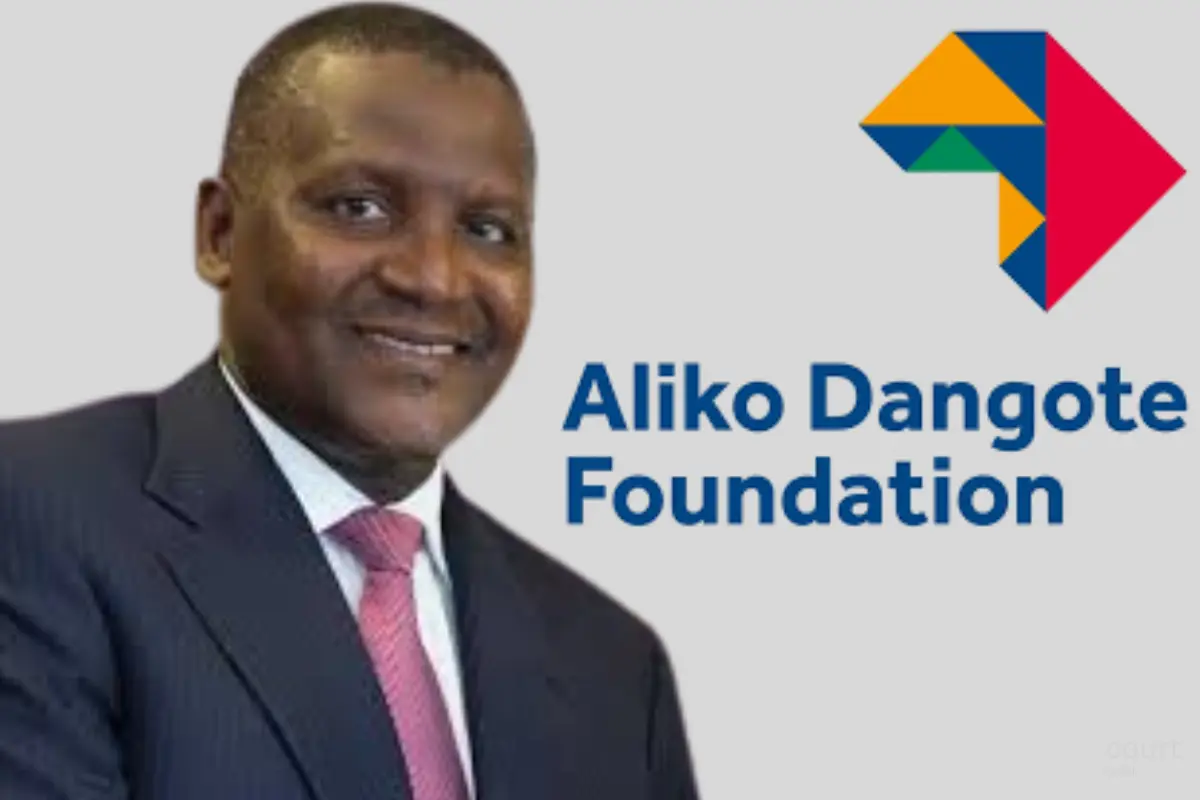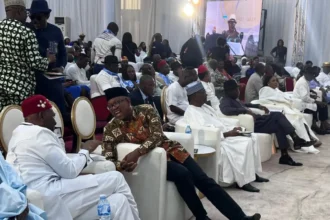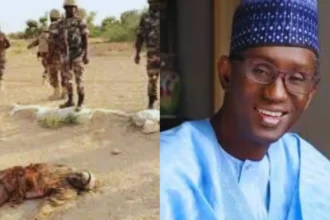Peter Obi, the former governor of Anambra State and a prominent opposition figure in Nigeria, has once again sparked discussions with his recent speech on economic reforms. Speaking at a policy forum in Lagos, Obi highlighted the pressing need for Nigeria to embrace fiscal discipline and adopt pragmatic policies to steer the country away from economic decline.
In his address, Obi criticized the current administration’s handling of the economy, pointing to rising inflation, high unemployment, and a growing debt burden. He emphasized the need for prudent resource management and transparency in governance, stressing that without these elements, Nigeria’s economic challenges would persist.
“We cannot continue to borrow recklessly without investing in productive sectors. Our future generations will bear the consequences of our current fiscal indiscipline,” Obi remarked, calling for a shift from consumption-driven policies to production-focused initiatives.
His remarks have received mixed reactions across the political spectrum. Supporters hailed Obi’s speech as a much-needed reality check, arguing that his economic insights offer a viable roadmap for Nigeria’s recovery. “Peter Obi speaks the truth; we need leaders who understand how to manage resources efficiently,” said one commentator on social media.
However, critics accused Obi of politicizing the economic situation, arguing that his comments are aimed at discrediting the ruling party ahead of future elections. A spokesperson from the government dismissed his remarks, stating that the current administration is making significant strides in stabilizing the economy despite global challenges.
Political analysts have weighed in, noting that Obi’s consistent advocacy for fiscal prudence and investment in key sectors such as education and healthcare resonates with many Nigerians. “His message appeals to the youth and business community, but whether it will translate into political gains remains to be seen,” said a political strategist.
Despite the controversy surrounding his speech, Obi remains steadfast in his call for reforms, urging policymakers to prioritize long-term economic stability over short-term gains. As Nigeria continues to grapple with economic uncertainties, his words have sparked a broader conversation about the nation’s fiscal future and the need for accountable leadership.
Observers will be watching closely to see how the government responds to Obi’s criticisms and whether his proposals gain traction in shaping Nigeria’s economic policies moving forward.


















